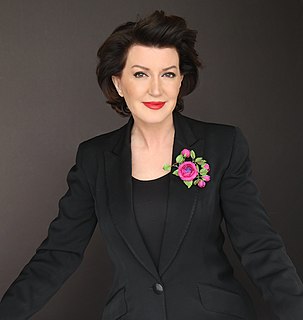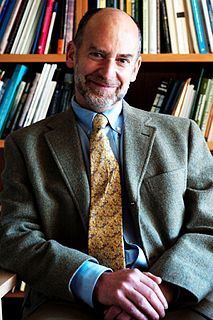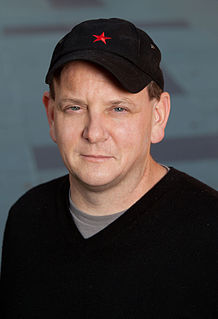A Quote by Atifete Jahjaga
We have to forget the past. History is something that even today we are paying the consequences, and the future is integration. We all as a people, as citizens, as the leadership of both countries should be looking in that direction.
Related Quotes
And we should forget, day by day, what we have done; this is true non-attachment. And we should do something new. To do something new, of course we must know our past, and this is alright. But we should not keep holding onto anything we have done; we should only reflect on it. And we must have some idea of what we should do in the future. But the future is the future, the past is the past; now we should work on something new.
The Past is dead, and has no resurrection; but the Future is endowed with such a life, that it lives to us even in anticipation. The Past is, in many things, the foe of mankind; the Future is, in all things, our friend. In the Past is no hope; The Future is both hope and fruition. The Past is the text-book of tyrants; the Future is the Bible of the Free. Those who are solely governed by the Past stand like Lot's wife, crystallized in the act of looking backward, and forever incapable of looking before.
I think part of the disappointing failure of the political process in America today is that it's asking us to forget countries' historic connections to other countries, or to the laws that have been made. They're willfully asking people to forget their country's history, and focus only on the present. It's bizarre.
If history is to be creative, to anticipate a possible future without denying the past, it should, I believe, emphasize new possibilities by disclosing those hidden episodes of the past when, even if in brief flashes, people showed their ability to resist, to join together, occasionally to win. I am supposing, or perhaps only hoping, that our future may be found in the past's fugitive movements of compassion rather than in its solid centuries of warfare.
We also discussed [with the President of Mexico] the great contributions of Mexican-American citizens to our two countries, my love for the people of Mexico, and the leadership and friendship between Mexico and the United States. It was a thoughtful and substantive conversation and it will go on for awhile. And, in the end we're all going to win. Both countries, we're all going to win.
[People] are looking for some means of control and what that means is is that the politics in all of our countries is gonna require us to manage technology and global integration and all these demographic shifts in a way that makes people feel more control, that gives them more confidence in their future.
People think of time as a continuum composed of points which is stretched out at a line, and even if you add a direction to it and say one direction on the line is past and the other direction is future, or better, one direction is "earlier than" and the other direction is "later than", you're still thinking of it as like a geometrical line which is stretched out rather than as a dynamic process of becoming.
The leadership knows that you cannot solve the issues of China's future with the means of the past. The demographic consequences of the one-child policy, the build-up of the welfare state, the jobs for 7 million university graduates every year, the immense corruption: Even some Western governments would have to scramble to find solutions to such problems.
We liked the idea that it was a low-tech future. But everything always repeats the past. If you look today and look at something in the middle east where you got people getting beheaded it's like the crusades with Twitter. It's crazy, human nature does the same thing. In a way, even though you're in the future people wanted order so this sort of system rose up.











































